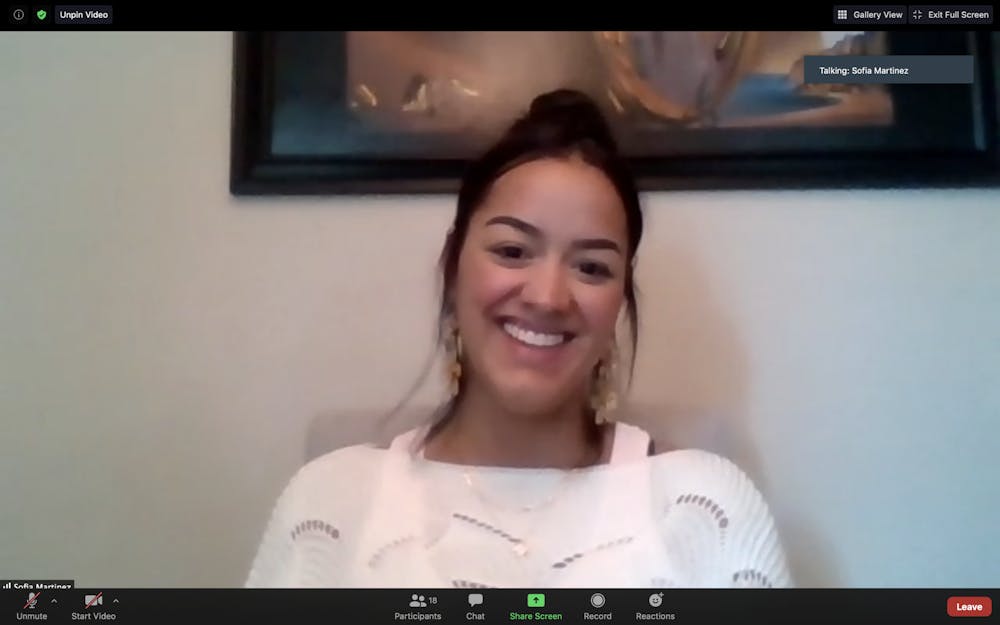Several student groups, including the Organization for African Students' Interests and Solidarity, The Bridge at UNC, Mi Pueblo, Afro-Latinx, Sigma Delta Pi and Lambda Pi Chi, hosted a panel discussion Monday in commemoration of Immigrant Heritage Month, and as a space for UNC students to highlight their own immigrant experiences.
Sofia Martinez is a rising junior and incoming editor-in-chief for The Bridge. Martinez, who is a first-generation immigrant from Venezuela, said she and her parents didn’t really have an idea of what it looked like to go to college in the United States, which made navigating the process to become a UNC student difficult.
“It really was a struggle having to navigate financial aid,” she said. “Even being at UNC now, I mean, I’m not sure I could tell someone how to do it again.”
Hanna Wondmagegn, a rising senior whose parents are from Ethiopia, discussed her experiences growing up in a diverse community, and then transitioning to a predominantly white institution like UNC.
“People don’t realize the emotional toll that being at a PWI takes,” Wondmagegn said. “You have to really be aware of who you are, the moment you walk into a space, you’re already looking for the exits, you’re looking for people that look like you, you kind of unconsciously gather together, you’re always 20 steps ahead.”
Wondmagegn also noted that skills she gained growing up, such as filling out applications or translating for family members, are valuable in a professional space.
“Like that alone, because you can translate between different groups, that shows you can speak to different audiences and understand how to work with them,” Wondmagegn said. “If you work multiple jobs and you’re helping to support your family, that shows you’re adaptable, and you’re a leader.”
Rising senior Ruth Samuel also discussed the challenges in navigating systems like the naturalization process, noting the lengthy time it takes to complete the process. Samuel, who was born in England and whose parents are Nigerian, said it took her family 14 years to become citizens.
“I think that’s kind of lost in the conversation when they talk about, ‘Oh, why do we have undocumented immigrants?’ And it’s like, ‘Well, the system is broken,’” Samuel said. “The pathway is nonexistent, and it takes forever.”



